Windows 10 is about productivity — for businesses and consumers
Contrasting enterprise with consumers when talking about Windows 10 makes no sense.
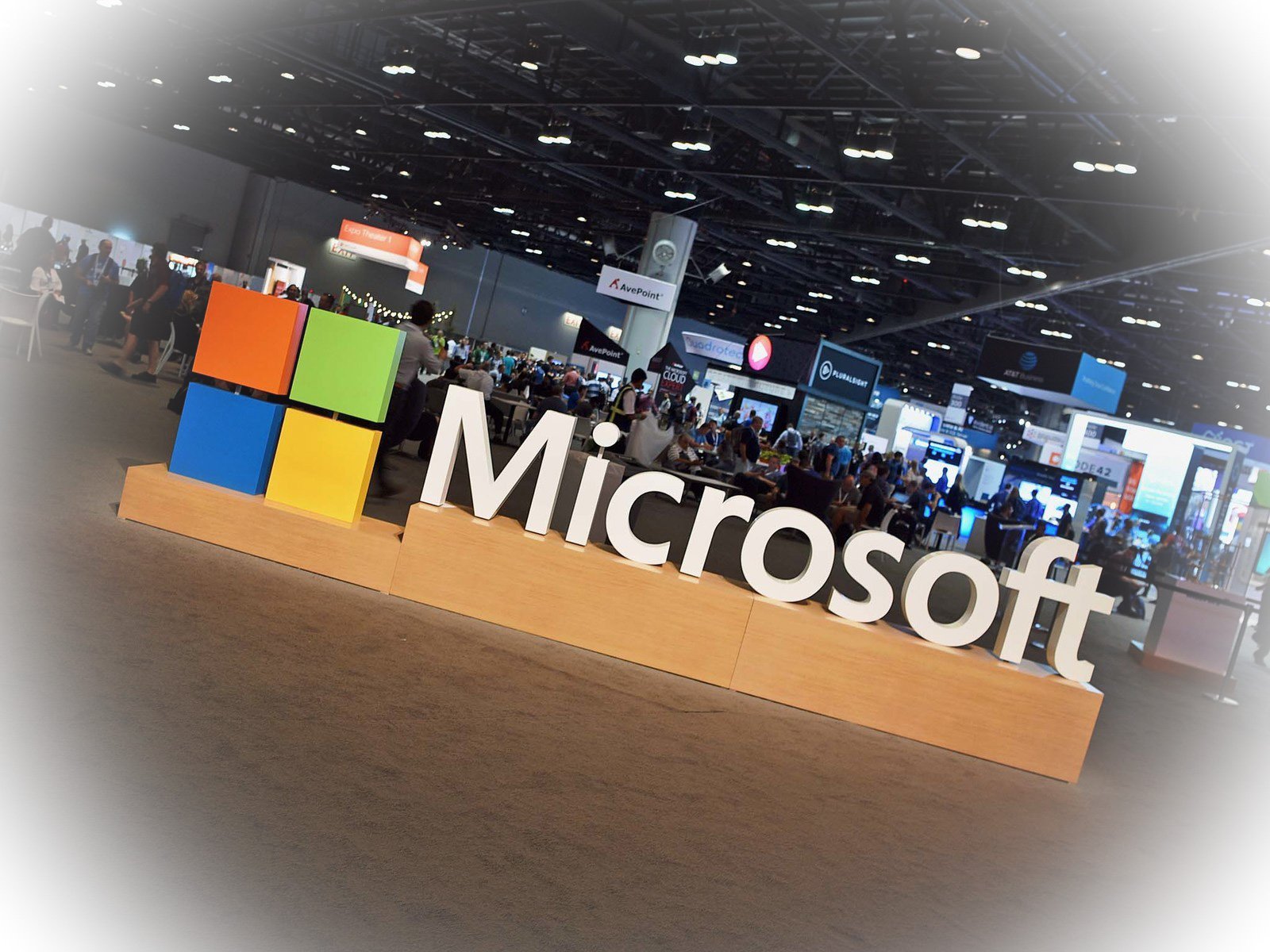
All the latest news, reviews, and guides for Windows and Xbox diehards.
You are now subscribed
Your newsletter sign-up was successful
Microsoft has lost a lot clout when it comes to its core consumer users. Whether it's Windows Phone, Groove, or Microsoft Band, those who invested in some of Microsoft's earlier visions rightly feel a sense of resentment.
But what about Windows 10? I often hear that Microsoft is not doing enough to add consumer-friendly features, but instead, it is more interested in business and enterprise. The question I have: What does that even mean?
Consumer versus productivity
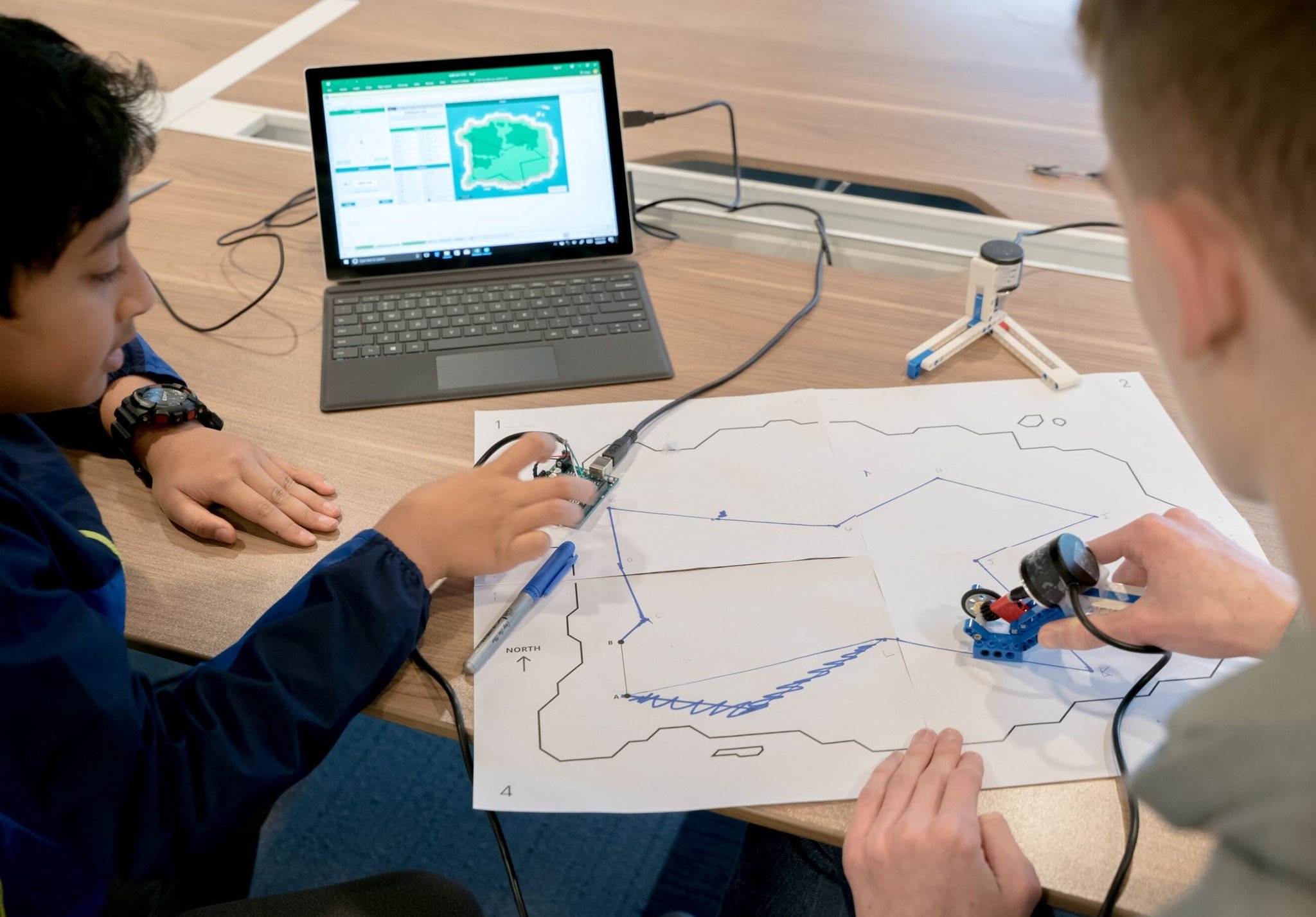
Part of this article was inspired by a recent quote by Brad Sams at Petri who addressed some of the latest Microsoft re-org news and what it means for Windows. One line stuck out for me:
At this time, we don't truly know what the future will bring to the development of Windows as we are still waiting to see how these new leaders will add their own flavor to Windows. I can say one thing with confidence though, and I have been hearing this for several months; it's business features first, consumer features last. If a new feature does not add value for its corporate customers (where Microsoft makes a significant portion of its Windows revenue) then it's not a direct priority.
My initial reaction is some of that makes sense for Microsoft. After all, licenses to corporations and governments for Windows 10 are a huge cash cow. Losing that crowd (or at least angering the IT managers) is something to be avoided. And many organizations are not happy with the cadence of Windows 10 updates, which stresses their job.
With Microsoft's seeming pullback from front-line consumer offerings, this sounds like another notch for the snide observation that "Microsoft wants to be just like IBM."
But what is a business feature, really? And what is a consumer one?
Going to extremes, I can think of examples like Microsoft Intune for mobile and app management as being purely business. That's an enterprise feature, and no consumer would want or need that.
All the latest news, reviews, and guides for Windows and Xbox diehards.
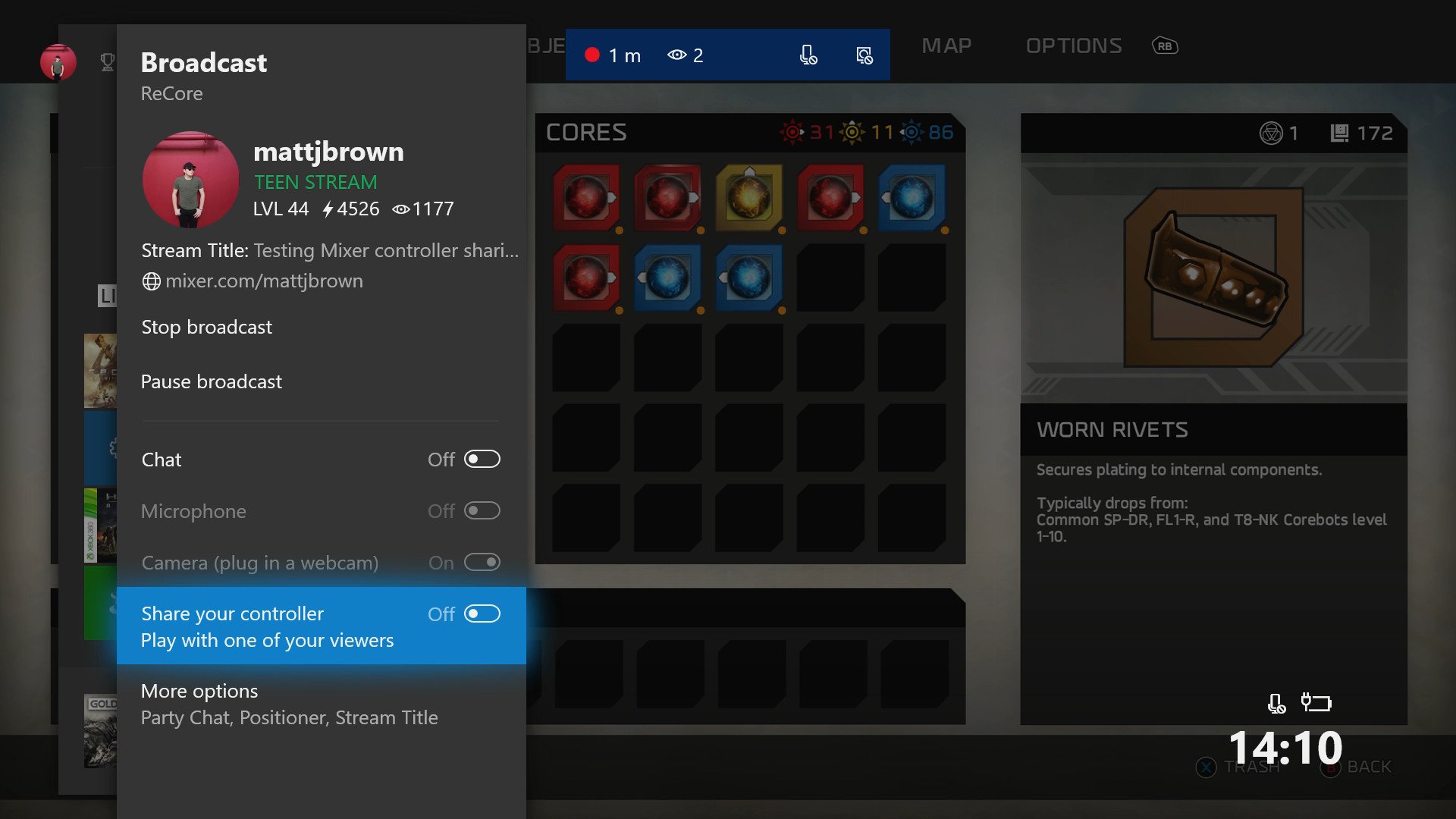
At the other end, for consumers, there is gaming. In no world is the status of casual or even hardcore PC gaming a concern for Fortune 500 companies. Adding Game Bar to Windows 10 is not even on their radar, for example
If Microsoft is deprioritizing consumer features for business ones, what would that look like?
It's about productivity, not division
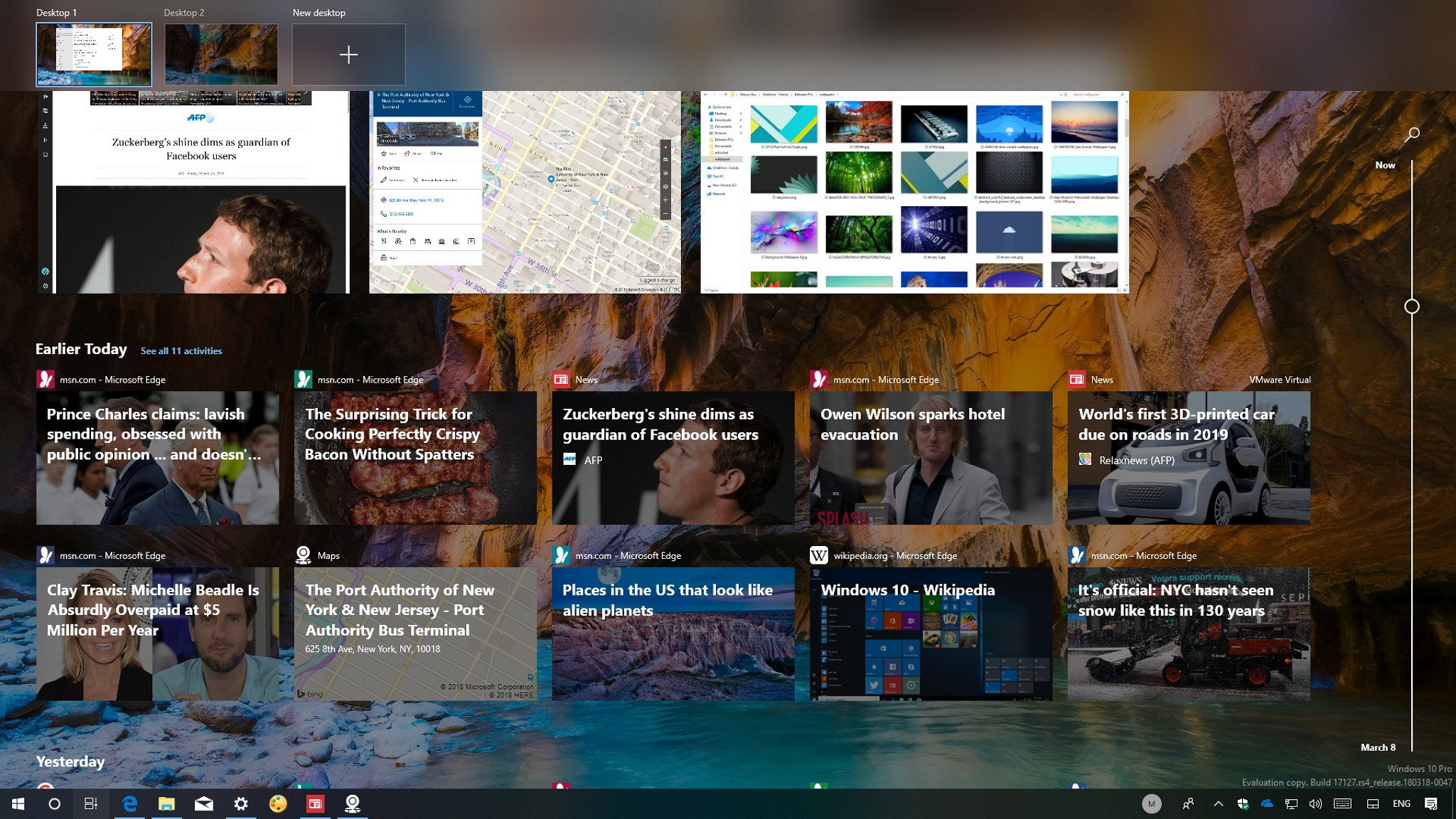
I question the seemingly old division between consumer and enterprise features for an OS. The Windows 10 Spring 2018 1803 update (a.k.a. Redstone 4) has many new feature that are neither consumer- or business-only. For instance:
- New Timeline feature for syncing history across devices.
- Nearby Share to features shares content between PCs on the same network.
- Fluent design improvements everywhere.
- UI and UX changes and enhancements.
- New Microsoft Edge design and improved features like EPUB and PDF support.
- Redesign of Cortana, the addition of Lists and Collections, and a new Skills section.
- Input changes, including one that lets pen users see a handwriting panel automatically popup when selecting a text field.
- Storage Sense now includes Disk Cleanup settings and functions.
None of that is particularly exciting (although Timeline and Nearby Share are huge for me), but it's hard to look at that list – or the entire changelog – and make a call which changes are consumer-only and which are for business.
The entire focus of Redstone 4 appears to be productivity, or making Windows 10 better at doing stuff including sharing and processing information. That's not unique to Redstone 4 either, as the previous releases have also focused on "creativity" and adding features that both consumer and business users can leverage.
A changing world

Making Windows 10 better at doing stuff is the right approach. The line between your work at home versus what you may do at work is diminishing. People often want their computers to handle both work and private life on the same machine. People also want hardware they can use at work and home that is elegant, premium, and can do everything.
That's why I'm confused about how Microsoft could only focus on one category and not the other. I've heard internally Microsoft refers to all Windows 10 customers just as endpoints – whether artists, engineers, students, scientists, journalists, or office professionals.
Even something like Microsoft Teams, only thought of as a business feature, is now in classrooms. What's suitable for the 50-year-old office drone is now good enough for your kid in sixth grade.
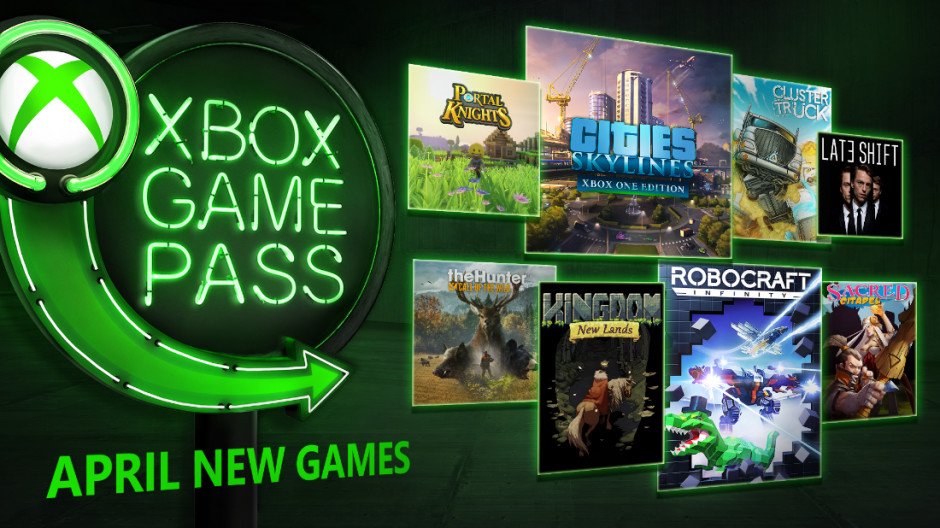
When you look at the one extreme of consumer-only features, gaming, Microsoft is going in heavy. I've heard investment in Mixer.com is massive and increasing; Xbox Play Anywhere support is growing; and we're finally getting real PC games in the Microsoft Store.
It's no secret that Xbox head Phil Spencer, who was recently promoted to the leadership team, is keen on the idea of Xbox streaming as a service. The recent formation of an Xbox Azure team testifies to that concept.
Loving the latest version of Windows 10. Lot of new gaming features coming in next versions too - but PR would kill me if I divulged that info. :oLoving the latest version of Windows 10. Lot of new gaming features coming in next versions too - but PR would kill me if I divulged that info. :o— Mike Ybarra (@Qwik) April 5, 2018April 5, 2018
Mike Ybarra, corporate vice president of gaming at Microsoft, recently dropped a big hint of the continued focus on gaming in the forthcoming released of Windows 10 this fall.
So, the one consumer-only feature related to Windows 10 is the also the one area where the company is investing heavily. From what I have heard internally, none of that is changing. We'll hear more about it at E3 this summer.
What's missing?
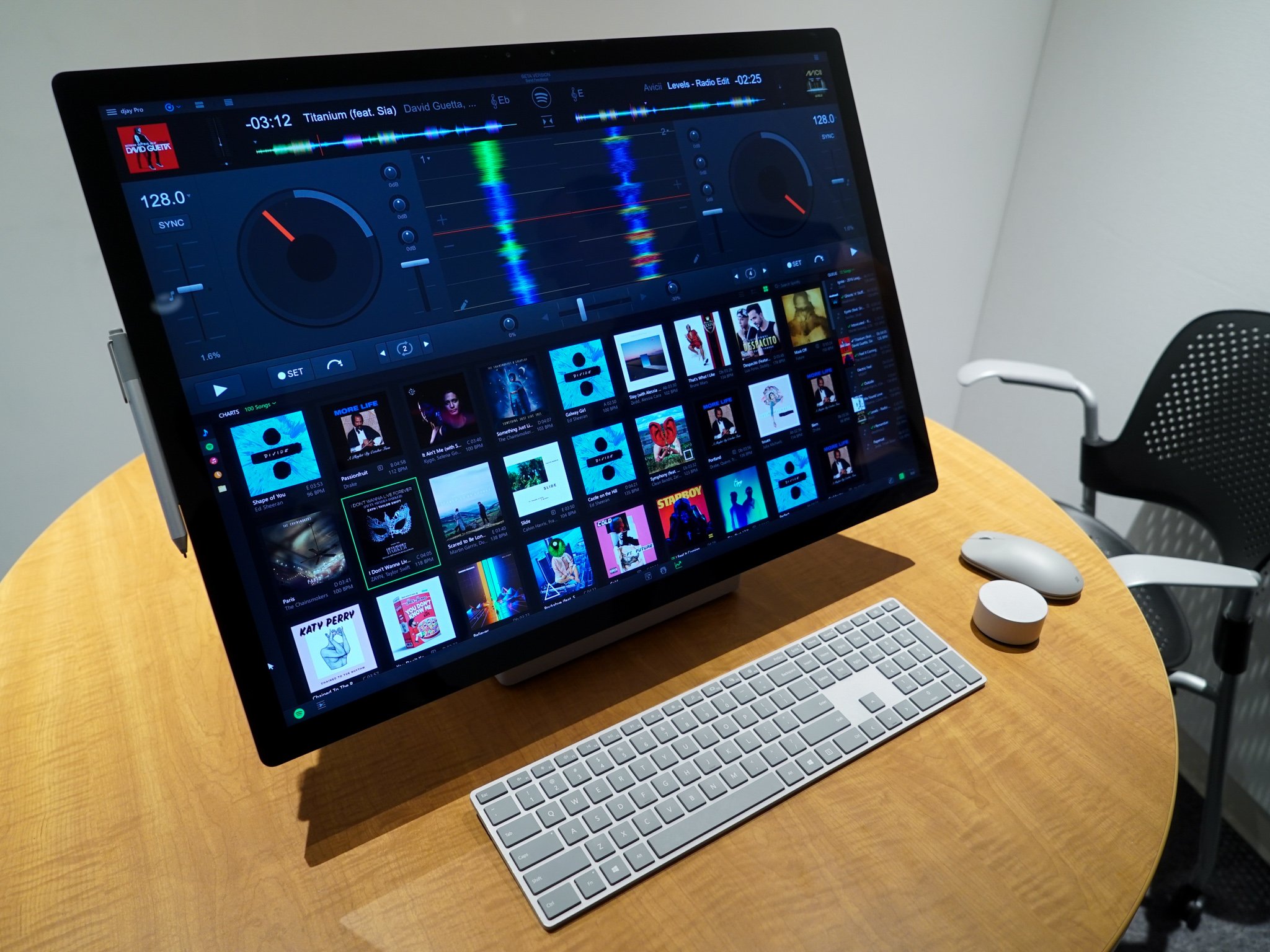
Finally, it is worth mentioning that by no means is Windows 10 perfect or idealized for consumers either. Microsoft has a way to go in bringing Fluent Design to the entire OS or transitioning old UI elements to the new design language.
But when I asked people on Twitter what feature is missing in Windows 10 compared to macOS or Chrome OS, most struggled. Many of the complaints were things like regional-restrictions on Cortana, marketing, or missing apps in the Microsoft Store. But these are well-established and not missing, just things that are incomplete or need massive improvement.
There are some legitimate gaps in Windows 10. Things like a modern movie maker and music app, better family controls, and improved Apple-like AirPlay features between mobile and PC. But at its core, Windows 10 is still a potent OS. Even when there is an app missing in the Microsoft Store, there is always the vast swath of older PC apps and games that anyone can install.
Touch is also another very common complaint as tablet mode still seems subpar compared to Windows 8.
Microsoft's biggest problem, which is well established, is the lack of any skin in the phone business. That's a devastating issue but also now separate from the development of Windows 10.
As to the future of Microsoft's OS, I think it's safe to say it's evolving. The push away from centralized, local computing models to cloud-based, distributed processing is on the horizon and with it goes Microsoft.
For now, Windows 10 is about doing more work, better. The update this fall should include Sets and Cloud Clipboard, both of which again straddle the business and consumer markets. The strength of Windows is about doing work, and that focus has not changed because there is no distinction between students, business pros, or you.

Daniel Rubino is the Editor-in-Chief of Windows Central. He is also the head reviewer, podcast co-host, and lead analyst. He has been covering Microsoft since 2007, when this site was called WMExperts (and later Windows Phone Central). His interests include Windows, laptops, next-gen computing, and wearable tech. He has reviewed laptops for over 10 years and is particularly fond of Qualcomm processors, new form factors, and thin-and-light PCs. Before all this tech stuff, he worked on a Ph.D. in linguistics studying brain and syntax, performed polysomnographs in NYC, and was a motion-picture operator for 17 years.
